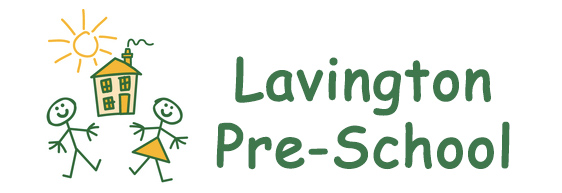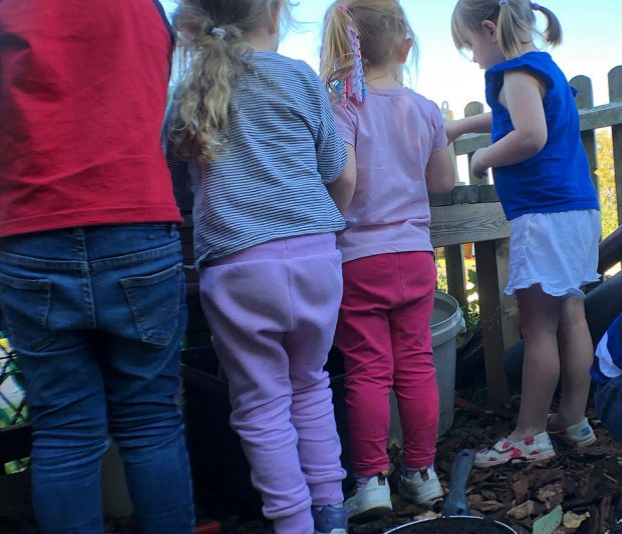Child-initiated play is sometimes called ‘free play’. This is because children are free
to choose resources and toys and decide how to play with them. Early years settings
encourage this type of play by making it easy for children to help themselves to
resources or ‘self-serve’. What children choose to do during child-initiated play
varies according to their age and stage of development, but also according to what is
available. It is common to see children mix resources, for example, putting grass into a bucket of water and pretending to cook with it or taking dough into a home corner. This means that it is not always a very tidy way of playing! In child-initiated play adults can join in with children, but they have to do what children ask of them.
Benefits of child-initiated play
There are many advantages to child-initiated play. Children’s emotional development is particularly supported because children are able to make their own choices. They also gain independence skills as they can help themselves to resources. This type of play helps children to be creative as they have to develop their own ideas of how to play.
- Concentration. Many adults notice that children concentrate for quite long periods during child-initiated play. It is not uncommon for 3 and 4 year olds to focus for an hour or so on making models, creating dens or just playing with sensory materials. Children often have a clear purpose and idea of what they are doing and why. Being able to concentrate for long periods is good for children’s cognitive development.
- Social skills. By playing independently of adults, children have the chance to
practise their social skills. They might squabble or raise their voices at times, but most children from 3 years or so are able to work things out themselves. Learning to take turns and cooperate helps children’s social skills


